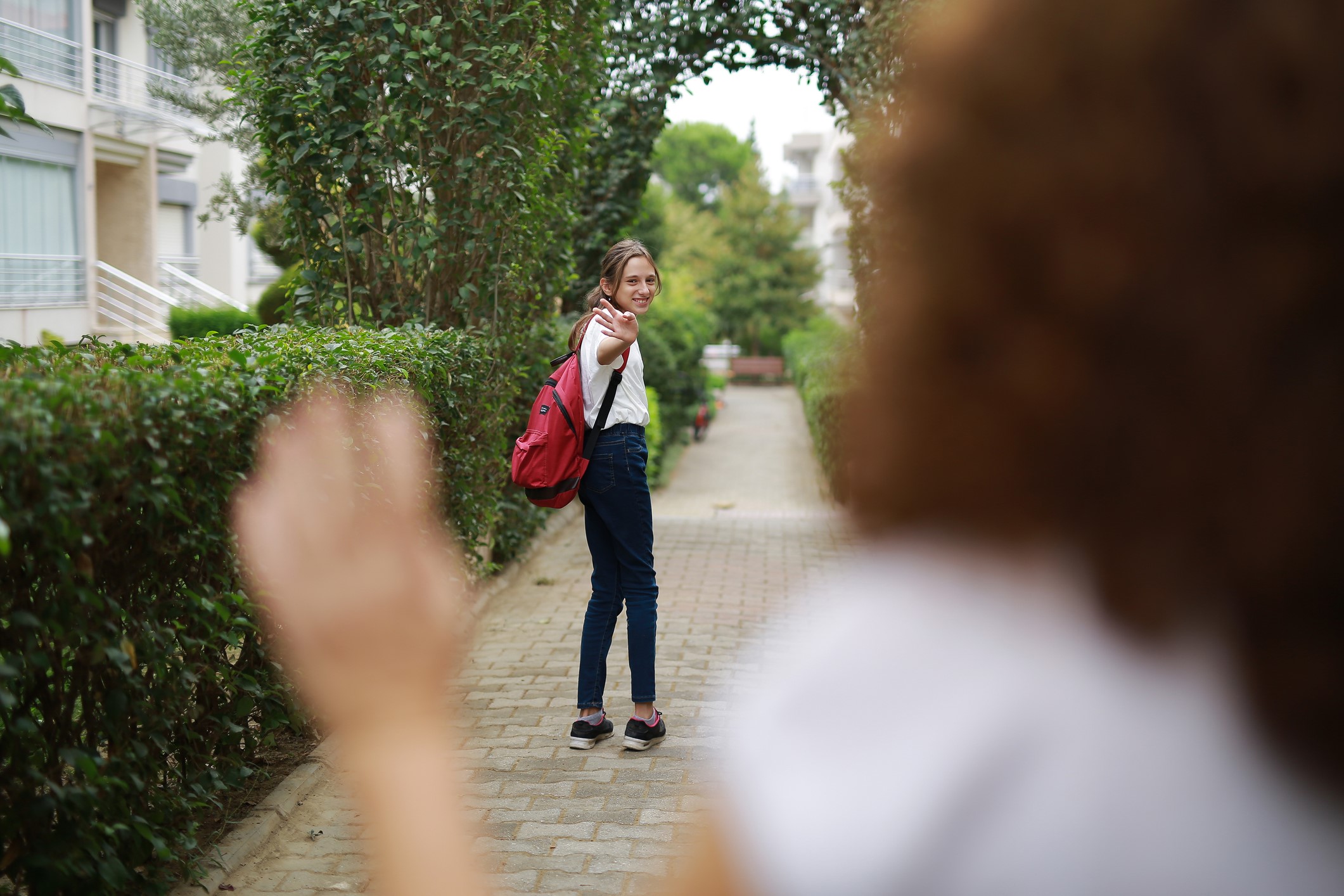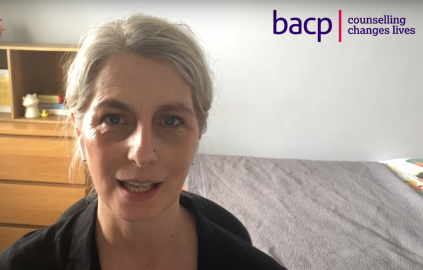The build-up to Halloween has begun, and while most of it is for fun, it can be quite overwhelming for some children.
At this time of year it can be hard to escape the scary costumes in shops and the frightening faces on pumpkins. And on October 31, not everyone looks forward to the knock on the door from trick or treaters or a fancy dress party.
We asked our members for tips on how to talk about Halloween with young children, including those who are neurodivergent or anxious.
Prepare your child
Family therapist and parenting expert, L.J Jones says it’s normal that some children feel overwhelmed and fearful.
“Supporting them requires parents to show understanding and be gentle in their approach. The focus needs to be on them feeling safe and in control of their surroundings.”
Parenting expert Jenny Warwick agrees and suggests that you should start talking about Halloween gradually and in a way your child will understand.
“It needs to be age-appropriate, but more importantly, as you know your child best, think about an approach that's appropriate for them.”
Consider your child’s needs
L.J says: “If your child is neurodivergent or undiagnosed but exhibits behaviours which are noise or environmentally sensitive, it is paramount to consider this in your choice of Halloween plans.
“Some children might require ear defenders or a form of comfort to take out with them on the occasion. Other children are simply more sensitive and/or have had personal experiences which could have been traumatic and created a particular need in comparison to their siblings and peers.”
Acknowledge their fears
“Accept and acknowledge any fears they express”, says L.J, “The worst thing you can do is to compare them to children who are not scared as this will heighten their negative emotions and dysregulate them further.”
She suggests encouraging them to share their fears and try to pinpoint what frightens them, whether it’s the costumes, masks or other aspects.
Jenny says: “It's easy to overlook the impact this can have on some kids, where they can get mixed messages of this being a time of fun and celebration on the one hand, and with the involvement of scary things: ghosts, vampires, zombies, on the other.
“Fear is a valid emotion and if this is how your child is feeling, it's important to acknowledge and validate this, without dismissing them saying 'it's not real' or 'it's just a costume'.”
Give them choices
“Let them decide how involved they want to be with activities”, says Jenny, “Giving them a choice helps provide them with a sense of control and lessens anxiety. You could let them choose their costume to help it feel less overwhelming.
“Similarly, let them decide if and how much they would like to be involved with friends' or neighbourhood activities.”
Jenny also says to remember that there's more to Halloween than the scary stuff.
“There are all sorts of fun activities to take part in, like crafts, going to a pumpkin patch and cute, friendly costumes. Think about how to balance introducing the fun of Halloween and addressing any fears or worries they might have in a supportive way. And remember the power of you modelling calmness and confidence. If you can stay calm and positive about Halloween, this will help ease your child's fears and help them (and you) have a fun, creative, and enjoyable experience.”
Be mindful of what is age-appropriate
“This might be trickier if you have children at different developmental stages”, says L.J, “But it is important to remember that what an older child is ready for, your younger one might not be. Choosing age-appropriate events and activities is crucial.”
Jenny suggests doing other activities.
“You could read some fun books together or watch some Halloween-related shows (check the content yourself first, just in case!) and look for non-frightening decorations and costumes.
“This way, they can familiarise themselves with Halloween in a safe and controlled way. You can help them understand the make-believe aspect of Halloween; people dress in scary costumes but they're just pretending.”
Provide a safe space
“You could designate a 'safe area' where your child knows they can go if they're feeling overwhelmed or just need a bit of a break”, says Jenny, “Explain this to them and let them help make it feel cosy and safe with their favourite toys and books.
“Tell them it's okay to stay in or to keep to smaller and more controlled events. Adjust your expectations to what is appropriate for your child, particularly if you sense them getting more anxious.”
If your child is anxious
If your child is anxious at other times of the year as well as Hallowe’en, and it’s affecting their day to day life, it might be worth seeking professional support.
“If you're worried about your child's anxiety, counselling can help”, says Jenny, “They can work through their worries with a therapist and find coping strategies. Counselling for parents can also help you find strategies to support your child.”

How to support your child starting secondary school
Our members share advice for parents with kids starting secondary school next week

How to help your child with back to school anxiety
Watch our members Jenny Warwick and Amanda Macdonald share their six tips to help children with back to school anxiety

Children’s Mental Health Week: Using our voice to support young people in need
Our call for action on school counselling, in a year where a General Election is expected
